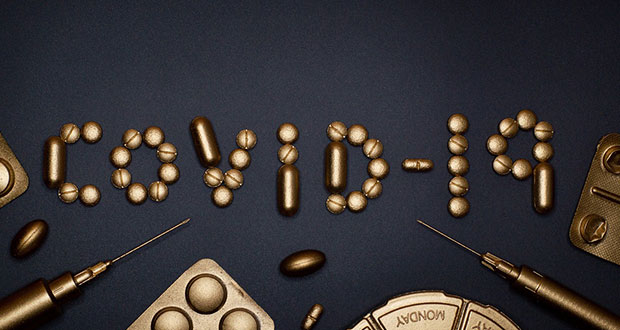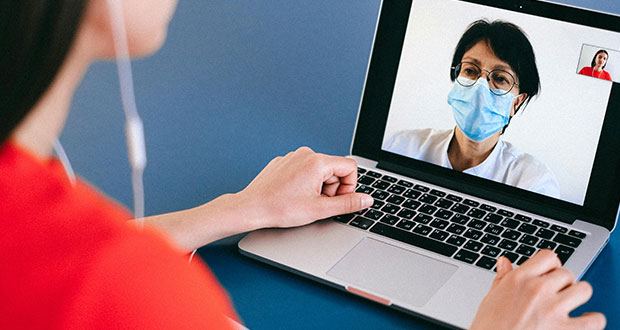What do we know about the virus?
This virus is still very new. There are a lot of things we don’t know — such as how it might impact our heart and brain health.
The data suggest that people who have a heart condition or vascular disease, or who have had a stroke, may be at higher risk of complications if they are infected with COVID-19.
So it’s important to do everything you can to avoid infection.
How can I protect myself from exposure to the virus?
Most important is frequent and thorough handwashing, following guidelines from the Public Health Authorities. Avoid touching your face as much as possible, and clean high-touch surfaces frequently with regular household cleaners or diluted bleach (one part bleach to nine parts water).
By now you will be familiar with the recommendations to reduce contacts with other people through social distancing. If you have heart or vascular disease or have had a stroke, these are factors to consider:
1. Make sure you have a list of contacts – caregivers, healthcare providers, home care staff, as well as family members and friends who could help you.
2. Ensure you have a supply of current prescriptions and check if your pharmacy provides home delivery. It’s a good idea to ensure someone in your family is familiar with your prescriptions and can refill them.
3. In stocking up on non-perishable foods, give priority to heart-healthy choices. For example, if you have heart failure, it’s important to control the amount of salt you consume. Check labels to choose lower salt and no-salt-added options.
Meanwhile ensuring that you’re eating a healthy diet and getting regular physical activity will help maintain your heart and brain health.
What should I do if I think I have COVID-19?
Isolate yourself as quickly as possible and contact your healthcare provider or local public health authority or the COVID hotline in your province to find out where and how you can get assessed.
Call ahead before going to any medical office or clinic.
The sooner you can get recommendations on how to alleviate your symptoms, the higher your chance of recovery.
Follow the latest updates on COVID-19.
Get the latest updates from the World Health Organization
Get advice on social distancing for people living with stroke or neurodegenerative disease.
For patients with heart disease, Cardiac-Telemedicine is the best health care strategy as it allows them to connect to their health-care staff and can be definitely a lifesaver. A similar connection to family and friends can help provide another layer of protection.
And even as we focus on this pandemic, it’s worth noting that other diseases are not slowing down. Heart disease remains the leading killer of people in Mexico, the United States and around the world, and it is not ready to give up that distinction any time soon. With the right precautions and with heightened vigilance, we can try to ensure that COVID-19 doesn’t help increase that toll.
Find out more of Cardiac-Telemedicine in our website.








